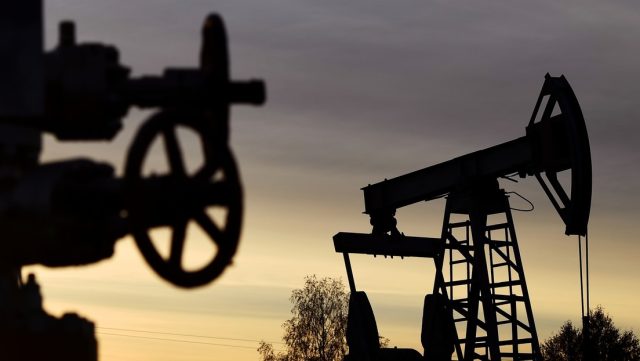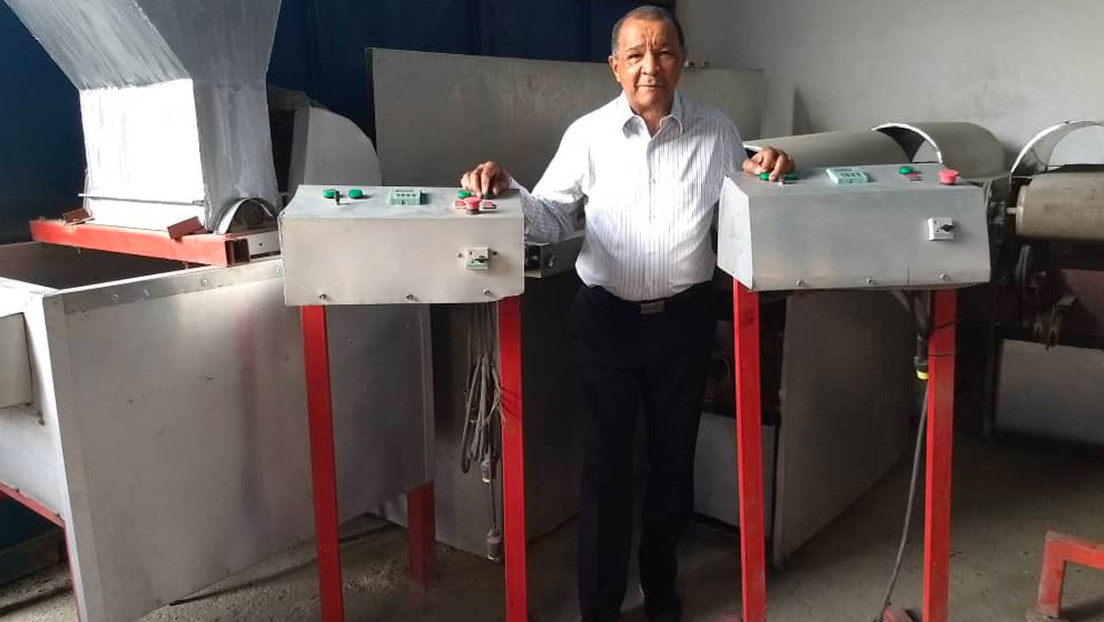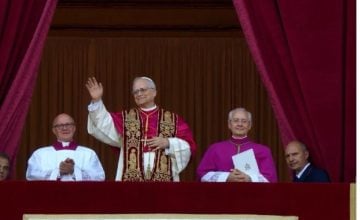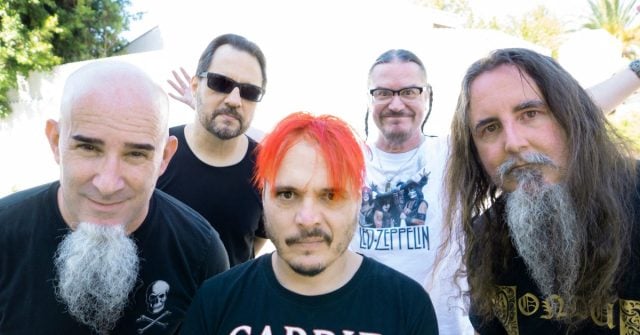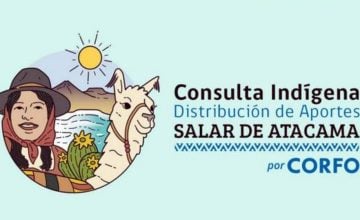As the barrel of oil rises to 120 dollars again, rumors return in important US media about an imminent restart of oil trade between the US and Venezuela, after three years of sanctions that are still in force.
The sources managed by The Washington Post assure that President Joe Biden would be attending to the request of the oil companies, especially Chevron (which already operates in Venezuela), to restart production, explains Ociel Alí López for RT.
Meanwhile, the Argentine media outlet La Política OnLine stated last week that four executives of the oil company were in Caracas finalizing details for the restart of production and export.
Among the information that circulates, data is offered according to which the oil company would be able to double the oil production of the Caribbean country, which is currently around 800,000 barrels per day, a figure that is quite low in relation to the production levels. that Venezuela has had in its history.
The Treasury Department’s Office of Foreign Assets Control (OFAC) has already extended the extension of the restricted stay license in Venezuela eight times for both Chevron and Halliburton, Schlumberger, Baker Hughes and Weatherford, all linked to the oil business. The last of these extensions is until June this year.
Last Thursday, several media outlets mentioned Biden’s alleged ‘green light’ to Chevron as a fact, but some others have taken it upon themselves to deny this claim, alleging that OFAC has not allowed transactions beyond existing licenses.
Are they just rumors or are they preparing for a decision that will have important political effects?
At the same time, Bloomberg has reflected the rise in PDVSA bonds since the talks between officials from both countries, which occurred earlier this month, became known.
It seems that beyond rumors and truths on the subject, several media outlets have tried to metabolize the idea of restarting business with ‘Maduro’s Venezuela’, as opposed to the recognition that Washington still makes of the interim presidency of Juan Guaidó, inherited from the administration of Donald Trump.
Washington approaches Caracas
The US needs to rebuild its relations with Venezuela and Latin America, a region from which it has distanced itself tremendously. Once the measure to block the purchase of oil from Russia has been decreed, it is necessary to search for new reliable sources.
And what is reliable now has more to do with geographic proximity (in the midst of global volatility and the hypothetical closure of trade routes) and not so much with the ideological issue that prevailed during the years of Donald Trump’s presidency on the issue of Venezuela, especially due to the importance of the voters from South Florida, where Cuban and Venezuelan migration were key in the electoral events.
Venezuela, which became a territory of diplomatic exclusion and financial blockade, especially since 2019, was visited at the beginning of March not by any adviser, senator or lobbyist, but by a commission led by the White House representative for security matters of the Americas, Juan González, who met with Maduro at the Miraflores Palace.
This position held by the official is of the first order, because it implies that his movements are closely determined by Biden’s own office. His participation in the commission demonstrates the degree of commitment on the part of the US Government.
«It’s about Venezuela»
Later, on March 9, the Secretary of State, Antony Blinken, confirmed the opening movement towards the Caribbean country: «It is true that at a global level we have an interest in maintaining a constant supply of energy, that also applies when it comes to Venezuela».
Later, a barrage of criticism of this approach was heard from congressmen of both parties. The subsequent lack of information may suggest that the Biden administration is weighing the pros and cons of this measure.
Meanwhile, oil remains expensive and Washington will have to decide whether to privilege Florida voters, who ideologically reject any meeting with Maduro, versus the discomfort generated by high gasoline prices throughout the American people.
Added to this, is the pressure of several oil companies from the United States and the world that have investments in Venezuela, not only Chevron, but also Repsol, ONGC and Maurel & Prom, which need sources of supply in the midst of a crisis that we just about know when it began, but of which nobody is sure when it ends, or how much fuel prices will reach.
